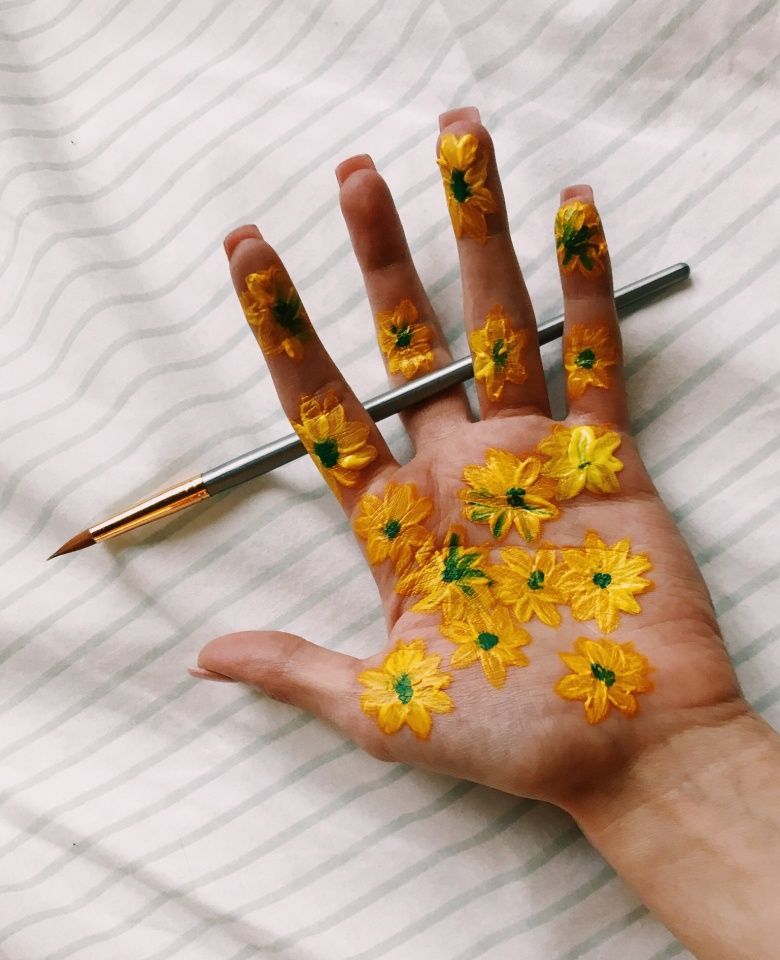A question that stands for multiple answers. None of them is correct and none of them is incorrect either. At least once in your life, as an artist, you will be asked why you make art. And as a matter of fact, you don’t have a good enough answer to enter that debate.
A different “why” that you may need to read about: Why does creativity matter: 4 Reasons Everyone Should Practice a Creative Skill
Why do artists make art?
I don’t know and no one knows. Maybe it’s a deep desire to communicate our ideas as human beings, and it takes different forms depending on the person and their inclinations. Maybe, philosophically speaking, we don’t make art, art is made by the muse, and it’s more of a miracle-like action. We’re just a human machine that does the translation.
Who stresses about the why of making art?
Non-artists and amateurs are obsessed with it. A real artist views their creation as a craft, whereas an amateur sees it as art.
Don’t get me wrong. Everyone knows that creative endeavors are holy. But real artists do not dwell on it. They know that dwelling leads to paralysis. Artists concentrate on the techniques and the aspects that can be developed. they care about the “How” and leave the “What and Why” to the Gods.
“The sign of the amateur is over-glorification of and preoccupation with the mystery.”
– Steven Pressfield
A social pressure to know why you make art
Everyone will keep asking you why you make art. Until it leads you to a certain type of fear.
“Why do I make art? If I can’t think of a solid reason, then my art has no meaning, no sense, and no purpose. But I also can’t think of a specific reason. Do I need to make one up?“
This is a monologue of a beginner, an amateur if I may say. And it makes a great excuse to give up on art and fall into the comfort zone. Another amateur will go on with the act of creating, not dwelling on the irony and the mystery of its why. They will show up every day to create, and eventually, they have created what they felt like creating. They have followed their heart and shut their mind, they are no longer an amateur, but an artist.
In order for us to create the art we dream of creating, we need to act in the face of fear. We feel a fear of failure, social pressure of not being an artist enough, self-doubt, and a foggy road, but we still show up to create.
Letting go of the “why“
Why do you need to stop asking others and yourself why you make art?
When assigning the act of art-making to a reason, a specific motive, and a defined goal, you are setting yourself up for failure. You create an attachment to your art. Now you will start taking failure and success personally which is the worst an artist could do. As mentioned in The Bhagavad-Gita, we have a right only to our labor, not to the fruits of our labor. Your job as an artist is to create, not succeed or fail.
Having a defined motive as to why you create art also means limiting your creativity. What if you want to create something that doesn’t answer the why you came up with? You will not create it. Because it confuses your audience and doesn’t resonate with your made-up persona. Many artists have fallen into the trap of the “why”, and the moment they created something besides that “why”, their success that was built on a biased basis trembled.
Conclusion
Through centuries, art was a very mysterious concept that has always existed. It served to document thoughts, emotions, and experiences and helped artists know and express themselves better. Art in all forms reflected the social, cultural, economic, and political issues and values of different civilizations. It helped us learn about the world around us and gain a fingertip feel for our previous ways of living. But was that why it was created in the first place?


1 Comment